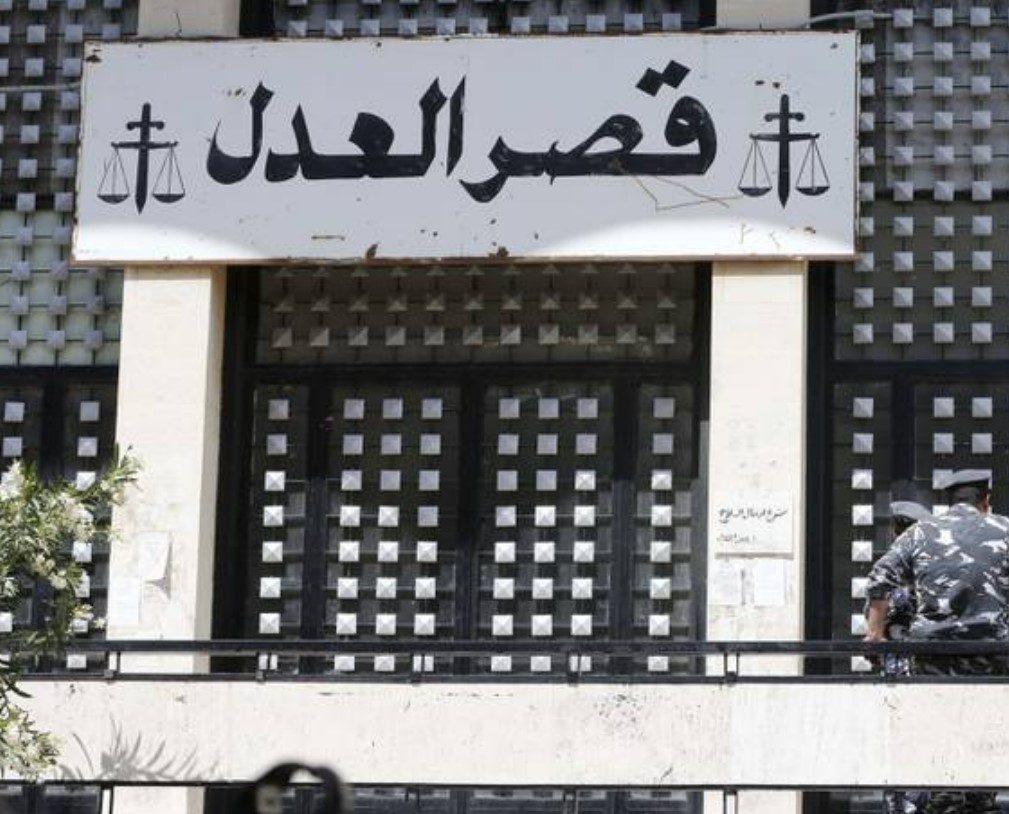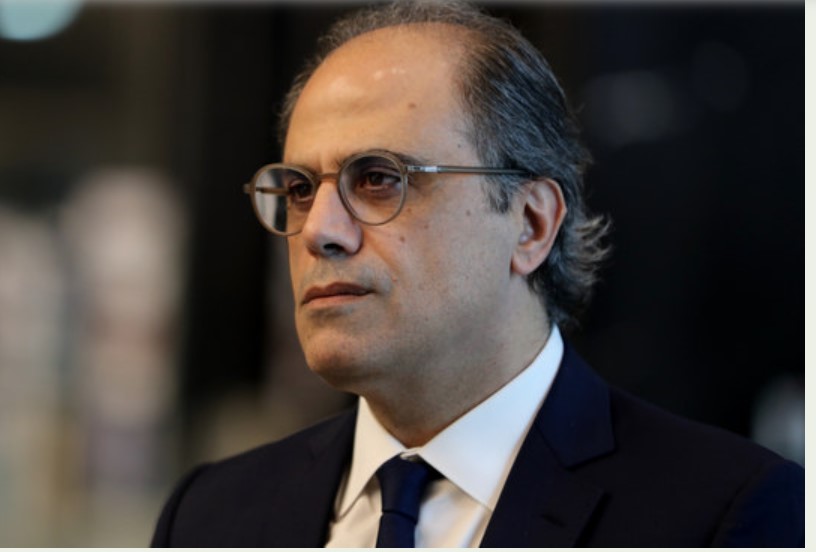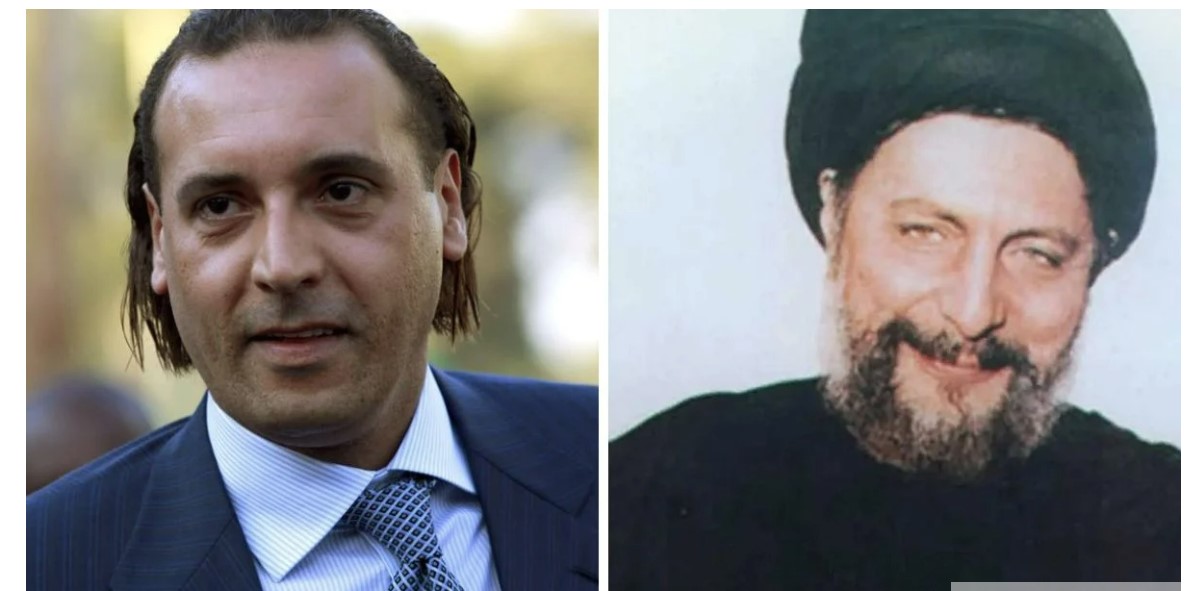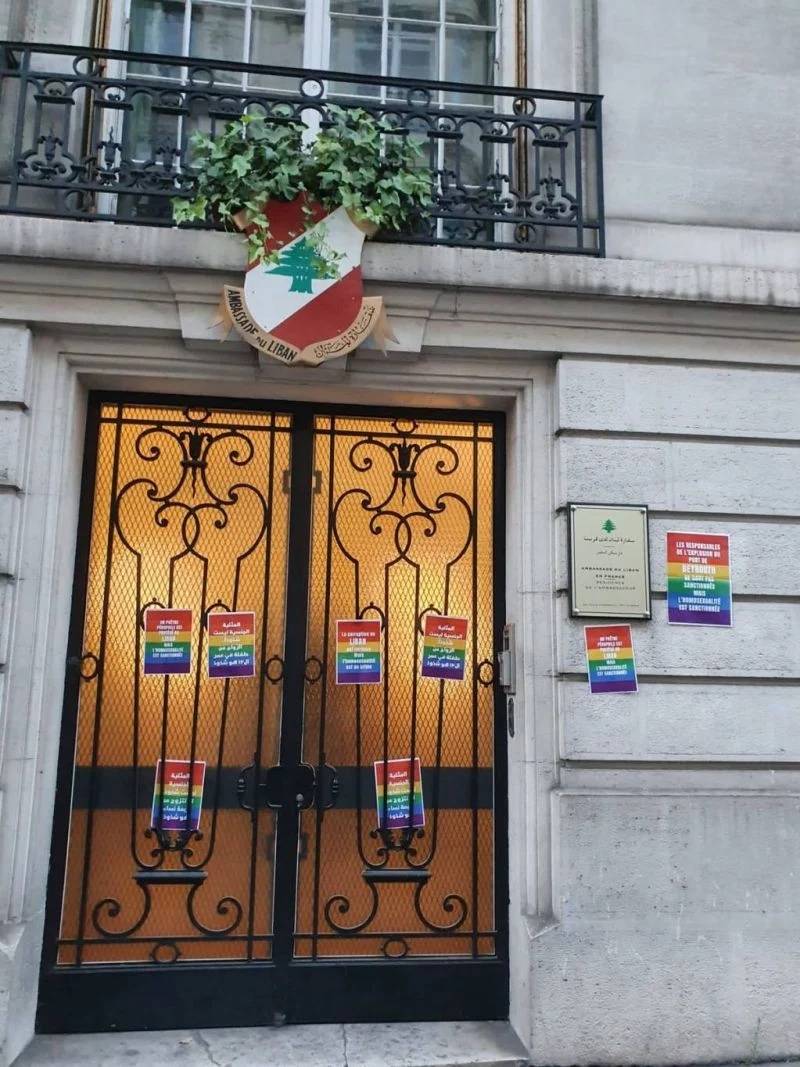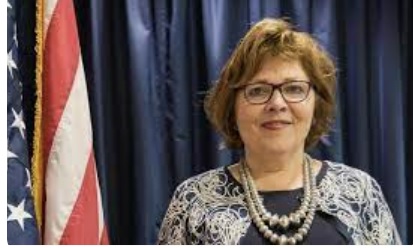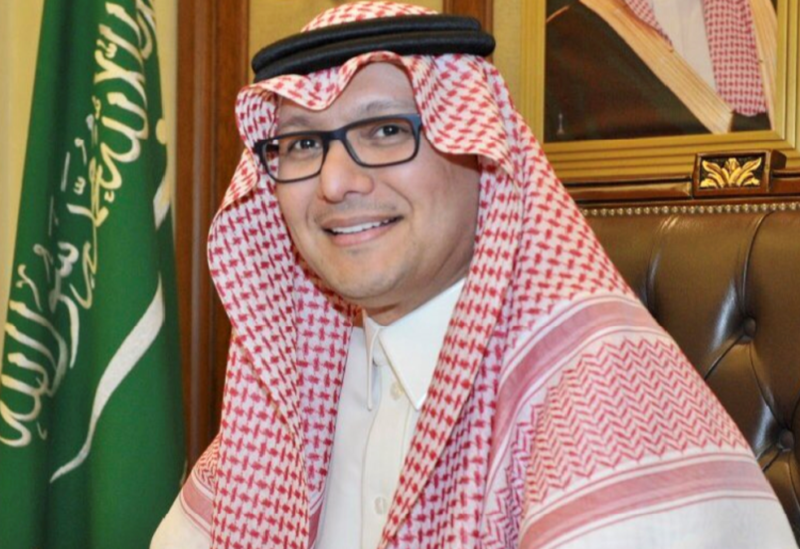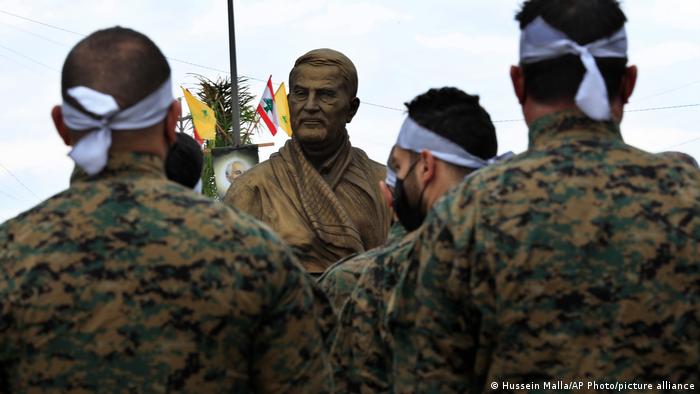
By Dario Sabaghi foreign policy –– Investigations at home and abroad offer hope of justice for the country’s crisis. For more than three years, Lebanese citizens have continued to stage sporadic protests amid a dire economic crisis, directing their rage at the country’s political elite. One of the most prominent targets is Riad Salameh, the governor of Banque du Liban, Lebanon’s central bank. Posters at demonstrations across the country regularly feature Salameh’s face, whether stained with a bloody handprint or depicted in a fake mugshot. The message is clear: Lebanon’s protestors want Salameh out of power—and held to account. Salameh has headed Lebanon’s central bank for nearly 30 years. Now, he faces the prospect of prison time. On May 16, France issued an arrest warrant for Salameh over his failure to appear for questioning before investigators in Paris. The country launched a corruption investigation into Salameh and his associates over, among other things, the alleged laundering of more than $330 million from Lebanon’s public funds for personal use, including the purchase of luxury properties in Europe. The next week, Germany issued its own arrest warrant. Salameh has denied any wrongdoing.
Although Lebanon does not extradite its citizens, investigations into Salameh’s alleged crimes—including embezzlement, money laundering, illicit enrichment, and tax evasion—that are underway in Lebanon and six European countries may mark a turning point for Lebanon. For years, many Lebanese have felt hopeless about the country’s political and economic quagmire. Virtually no one among the Lebanese elite has faced any repercussions for their role in the crisis and its devastating impact on Lebanon’s population. But these probes may bring about, for the first time in years, some accountability. For many Lebanese, it’s a small sign that change could be coming. Salameh played a central role in the meltdown of Lebanon’s financial system that came to a head in 2019. “He is the author of a monetary policy put in place that led to a deep financial crisis,” said Sami Nader, director of the Levant Institute for Strategic Affairs.
